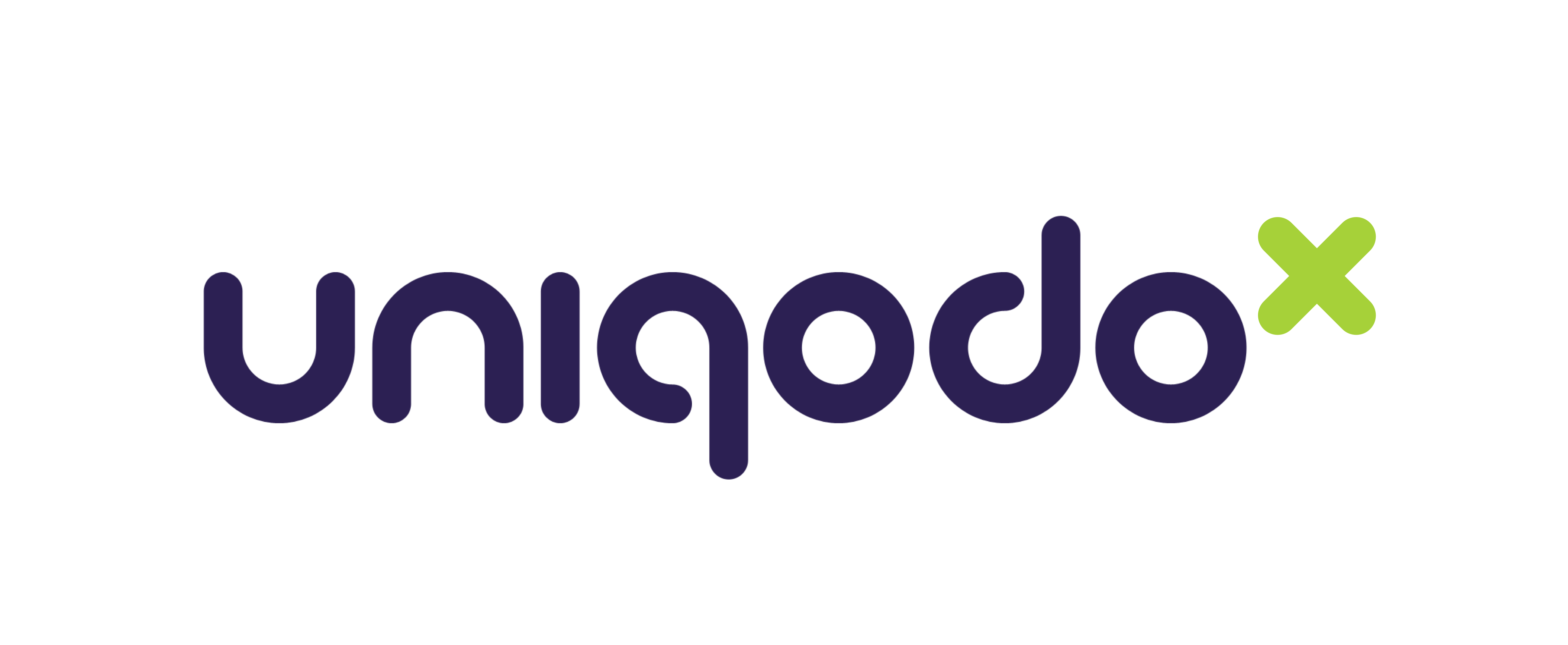Affiliate marketing is one of the most effective channels for customer acquisition. But in today’s digital environment, the industry faces an evolving challenge: accurately attributing sales in a privacy-first world.
One major contributing factor? Generic discount codes.
Suppose you're still relying on multi-use codes to track affiliate or influencer performance. In that case, there's a strong chance that valuable partners aren't receiving the credit they deserve, and conversely, that some commissions are being paid out inaccurately. Combined with increasingly strict privacy regulations and shifting user consent behaviour, attribution accuracy is under more pressure than ever.
So, how can we move forward?
Let’s explore why unique single-use codes offer a promising way to improve accuracy, protect budgets, and unlock a fairer system for all stakeholders in the affiliate ecosystem.
The Challenge with Generic Discount Codes
Codes like WELCOME10 or INFLUENCER20 are widespread in affiliate and influencer campaigns. They’re simple to implement, but their simplicity can come at a cost.
Here’s where generic codes can present challenges:
-
Code leakage: Even if issued to select partners or closed groups, generic codes often end up on large coupon sites, browser extensions, and public forums.
-
Misattribution: A shopper might use a code they found online, even if they never interacted with the affiliate who originally promoted it. That affiliate could still receive credit, regardless of their role in the purchase.
-
Inflated costs: Brands may end up paying commission for orders not influenced by the intended partner.
📉 In one recent campaign studied by Uniqodo, 30% of tracked sales using a generic influencer code came from users who had no interaction with the influencer.
This becomes especially problematic in environments where cookie tracking is restricted or unavailable.
Privacy, Consent, and the Tracking Gap
Like much of digital marketing, the affiliate industry is adapting to new privacy norms. Cookie-based tracking - long the standard for attribution - is now under greater scrutiny.
Here’s what’s changing:
-
Regulations like GDPR and the ICO’s push for simplified cookie opt-outs are making tracking more conditional on user consent.
-
Non-essential cookies, including those used for affiliate tracking, increasingly require explicit permission.
-
Real-world impact: In many cases, 30% or more of users opt out of tracking cookies, leaving a significant blind spot.
📌 In a partnership between Uniqodo and a major student platform, only 15% of the sales driven by affiliate traffic were tracked and credited correctly. The remaining 85% were not recognised due to limitations in traditional tracking and attribution systems.
How Unique Single-Use Codes Help Bridge the Gap
Rather than replacing affiliate networks or traditional tracking entirely, unique codes offer a complementary and privacy-compliant approach that can enhance attribution accuracy.
Here’s how they work:
-
A unique, single-use code is issued by the affiliate partner to their audience.
-
The customer uses that code at checkout.
-
The code itself acts as the source of truth, verified in real-time and tied directly to the referring partner, without needing cookies or consent-based tracking.
This shifts attribution from third-party tracking methods to promotion-led tracking, where the code provides direct, auditable evidence of partner contribution.
Consent Meets Conversion
Unique codes not only improve attribution, they foster a more transparent, consent-based value exchange:
When a customer actively claims a voucher code, they’re signalling their interest. It’s a clear, opt-in moment, one that doesn’t rely on passive tracking mechanisms.
This creates a privacy-respecting model that works with the customer, not around them.
Towards a Fairer Future for Advertisers and Publishers
For advertisers, poor tracking means wasted budget and uncertain ROI. For publishers, it’s lost revenue and unrecognised effort.
By introducing unique single-use codes into the affiliate model, brands can:
-
Ensure codes are used only as intended
-
Accurately validate redemptions
-
Avoid leakage and attribution errors
-
Track performance without relying on cookies
-
Recognise and reward real partner impact
At Uniqodo, we believe this approach offers a scalable, transparent, and privacy-first solution. We're not here to replace existing systems, but we do believe there's enormous value in evolving them.
Looking Ahead: Collaboration is Key
The goal isn’t to call out flaws, it’s to shine a light on opportunities for improvement.
Generic codes served the industry well in the past, but as tracking becomes more complex and privacy expectations rise, it’s time to explore smarter, more secure methods. Unique, single-use codes offer one such path forward.
And while not every network supports them yet, the results speak for themselves. We’re continuing to advocate for broader adoption and industry collaboration to unlock better outcomes for advertisers, publishers, and customers alike.
The Future is Cookieless. The Future is Code-Based.
Single-use codes are more than a promotion tool, they’re a way to bring clarity, fairness, and accuracy back into affiliate marketing.
Let’s build a future that works for everyone. Together.
Ready to see the performance of unique codes in action? Book a Demo with our team today..png?width=2724&height=858&name=Frame%202246%20(1).png)


Subscribe to the Blog